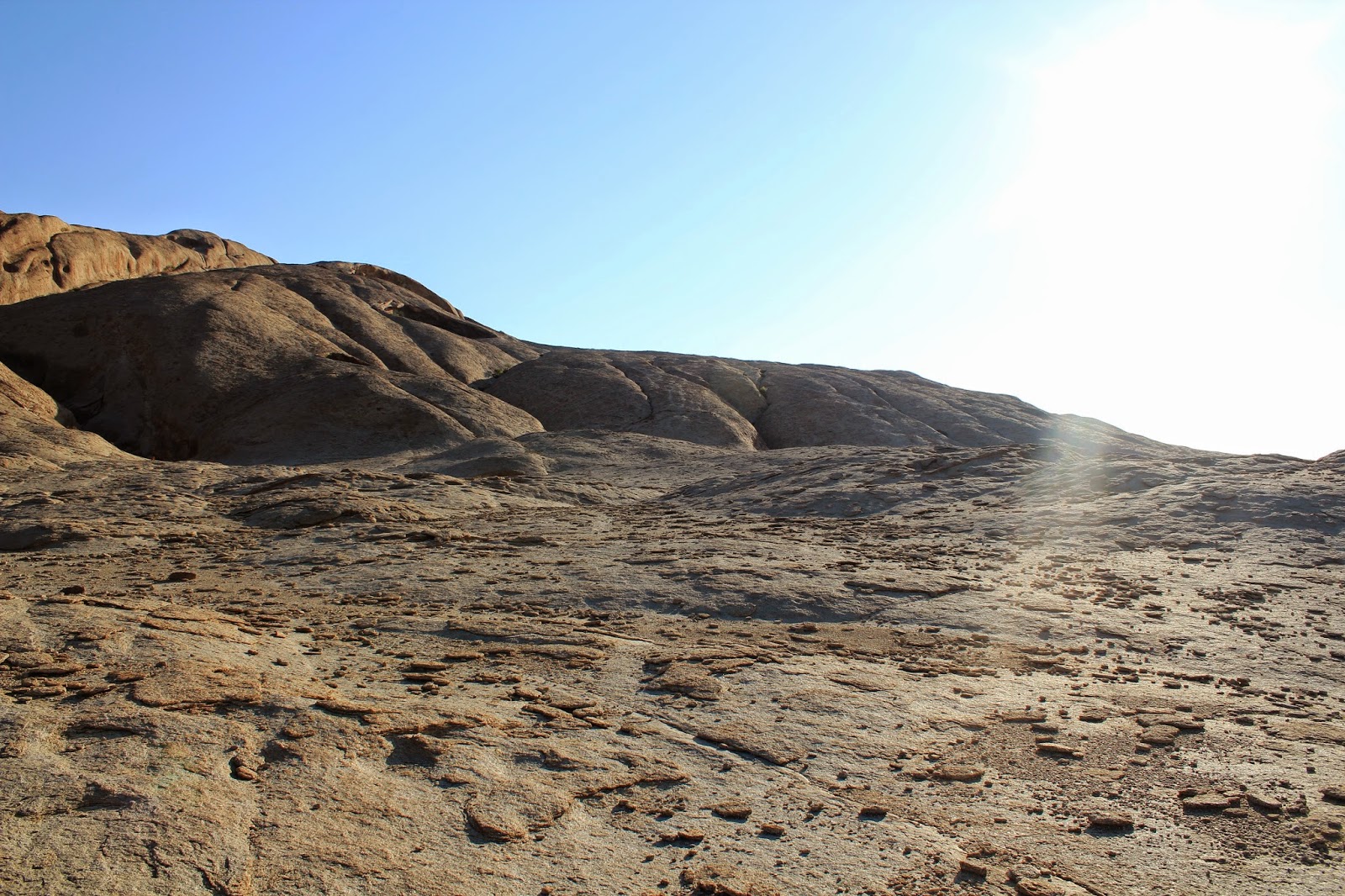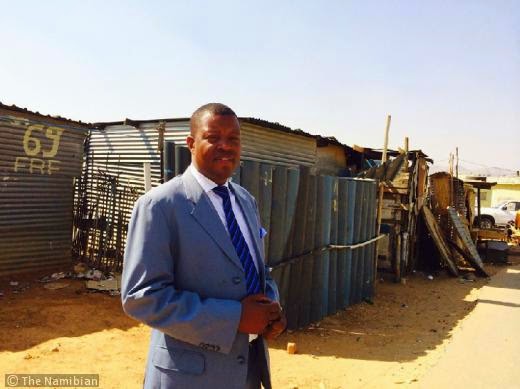The legacy of Apartheid
Apartheid: Is Afrikaans, loosely
translating to apartness. It the system endorsed by the ruling National Party
in South Africa, allowing the minority whites to legally rule the majority
blacks using a system based on racial segregation, enforced by violent means if
necessary. Apartheid was enforced from 1948 to 1994.
Namibia
was under British protection after 1918, South Africa was allowed to administer
the territory on Britain’s behalf. South Africa proceeded to annex Namibia; Subsequently
the Apartheid system was enforced in Namibia as well. Extremely oppressive and cruel;
it was heavily opposed by Namibians leading to an armed struggle launched by
the South West Africa People Organisation leading to a negotiated withdrawal of
South African troops and Independence for Namibia in 1990.
I
can never claim to have directly felt the consequences of Apartheid; I can
never claim to have seen the liberation struggle. I was never chased by South
African troops and the only time I can clearly remember seeing a Casspir is
during independence celebration parades when they dust of the old antiques for
show. I was too young, but of course
being born before independence I’ve heard all the stories and I am lucky to
have avoided the tag of being a “born
free”, a tag placed on Namibians born after independence.
This
however does not mean that Apartheid did/does not affect me and all the other
Namibians who were born after the struggle for liberation. The legacy of
Apartheid still looms large in our latest struggle. The Struggle of economic
liberation, now before you get sentimental and start singing “kill the boers” I need everyone reading
this to calm down, take a breather and chill your guava. Let us all remain calm
while I make my point.
During
apartheid the white minority as a collective were empowered, they were given
the best education, access to the most fertile land and generally allowed to
prosper. The majority, indigenous and non indigenous Namibians were not allowed
that privilege. Forcefully moved to arable land and restricted to homelands,
denied proper education and forced to learn in Afrikaans (there was a
difference between curriculum in black and white schools), not allowed to
accumulate property or wealth unless it pleased the white regime. To sum it up,
under the old regime, the minority were at a position of advantage and the
majority were at a position of disadvantage (you can swap the words minority
and majority with black and white for dramatic effect if you like).
Skip
forward a few decades and the legacy of apartheid still remains. Before we get
sensational let me explain, most Namibians from a previously disadvantaged
background are born into a position of disadvantage, with no property or fixed
assets to inherit from their parents who were denied the right to accumulate
them. Some would say the majority of Namibians are born poor. Most Namibians
whose parents were previously advantaged are born into a position of advantage
because they inherit what their parents were allowed to accumulate during the
old regime. Now those are the cards were dealt, we can’t change that, both
previously advantaged and previously disadvantaged. I can’t be mad at a white
kid because his parents bought him/her a car in first year and my parents could
hardly scrape together the registration fee, I can be a little jealous because
that’s a natural human reaction, it’s a sin none the less but can you blame me?
I hold no grudges, I think it’s best that the past remains there, we can
reflect on it to source answers for the way forward but we should not dwell on
it too much for it makes the older generation nostalgic and when that happens
they start singing liberation songs and inadvertently blurt out some hate
speech (can’t blame them but they should really let bygones be bygones).
But because you are born into poverty does
not mean that it is your life sentence, opportunities to change your situation
are ample. You have no control of the lack of wealth that you’re born into, but
you and only you are responsible if you grow old in the same lack of wealth
considering the opportunities available especially to the younger generation. As
I said earlier because of the old oppressive regime, we start from a position
of disadvantage; we have no assets to inherit from our parents and
grandparents. We have no control over that. We only have control of how the
final outcome turns out, we can blame apartheid for growing up poor but we
can’t blame apartheid for our lack of financial intelligence, the BEE nonsense
that widened the gap between the haves and the have not’s and our like for the
clubbing and Brazilian hair lifestyle that we cannot afford.
Initiatives like affirmative action and
Black economic empowerment (BEE) were created to address the injustices of the
past and tip the balance of the scales back into the favour of the majority. It
was the master plan to make sure that the poor recover and better themselves,
look how well that has turned out for us! It’s a perfect example that even a
noble solution can be abused when there are no means to regulate it, we can
argue but it’s clear as daylight that BEE has only resulted in creating a
minority of rich previously disadvantaged Namibians and widened the gap between
themselves and the rest. It’s led us to a country where income inequality is
one of the highest in the world and the wealth of the country is controlled by
minority black elite who only account for 15% of the population. That my friend
is something that we can’t blame on the past, that is something that we must
address. This has eventually led me to conclude that although half the problems
facing Namibia now are inherited because of the injustice of the past, the
other half is clearly of our own making and it’s up to us to make it right
*waves Nujoma finger*. The problem though it that in our thinking we mostly
only think about ourselves, we only enrich ourselves, our friends and family. A
thought is never spared for others; greed and disregard for your fellow man is
like cancer once it spreads you can only cut it out or let the body die.
When
the older generation tell us that we did not suffer the oppression of the
colonial regime, they are only half right. We did not suffer physical
oppression, they did. However what we suffer from is now systematic oppression
which stems from the physical oppression suffered by our elders (1+1 = 2).
Systematic oppression is worse in my opinion, mostly because I never suffered
from physical oppression. Systematic oppression sucks, you can’t afford a
house, cars are so expensive that it just doesn’t make sense and the fact that
it’s easier to get a loan for a car then it is to get a home loan speaks
volumes. It is only at this stage of my life that I really realize the meaning
of the phrase economic emancipation, as great as that words sounds obtaining
economic emancipation is even harder than trying to get its spelling right. At
times I feel like I am in the Matrix, I’m just a like a pawn. Just an
expandable little worker ant, the system sucks and depresses the shit out of me
(okay, I’m gonna stop here, because I’ve started ranting and gone completely off
topic).


Comments
Post a Comment